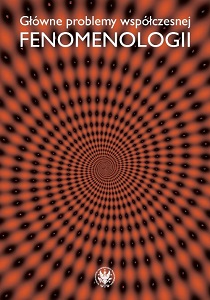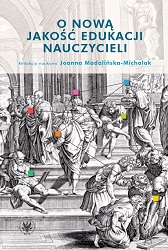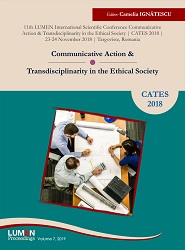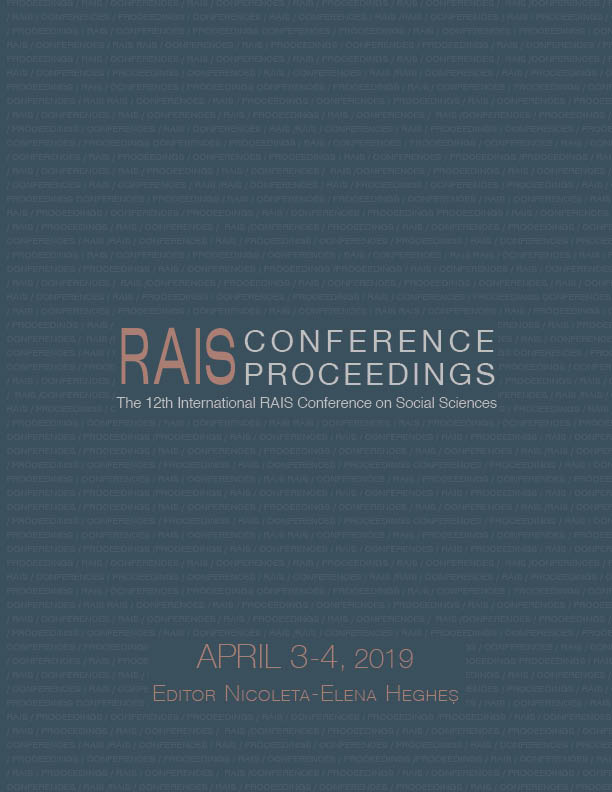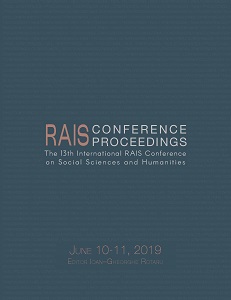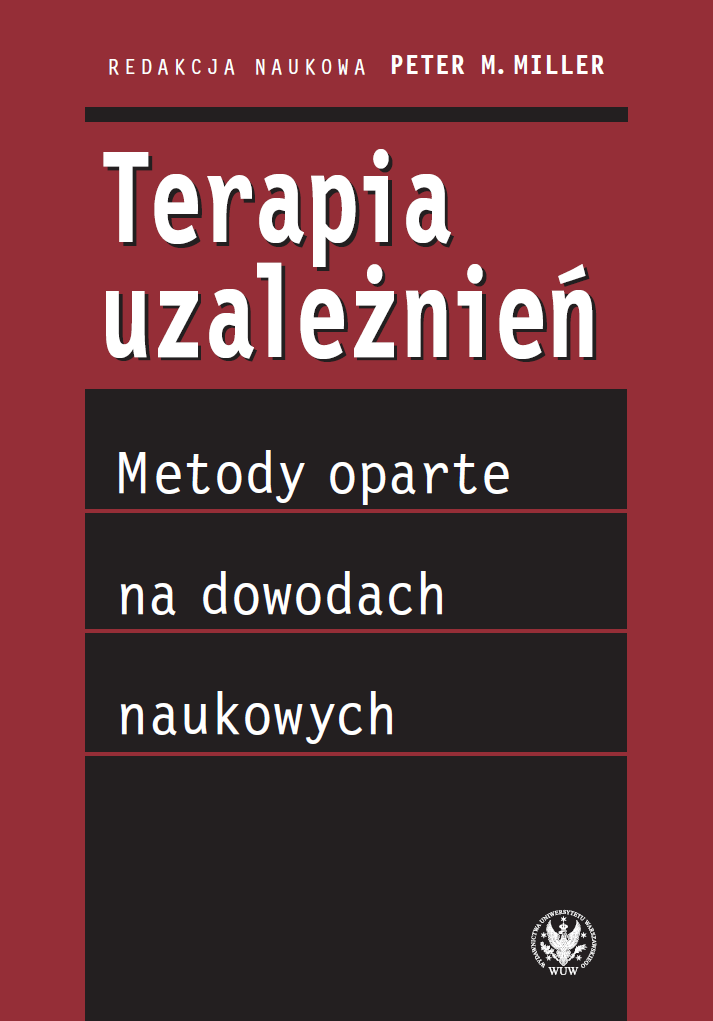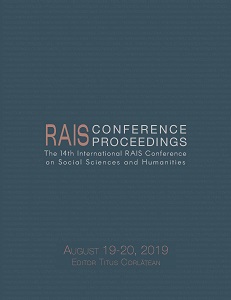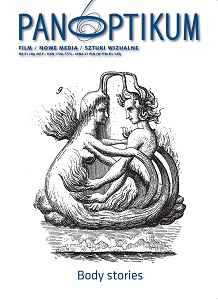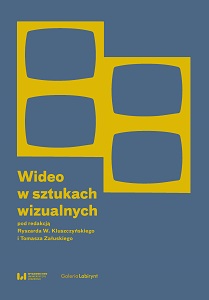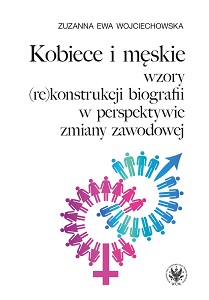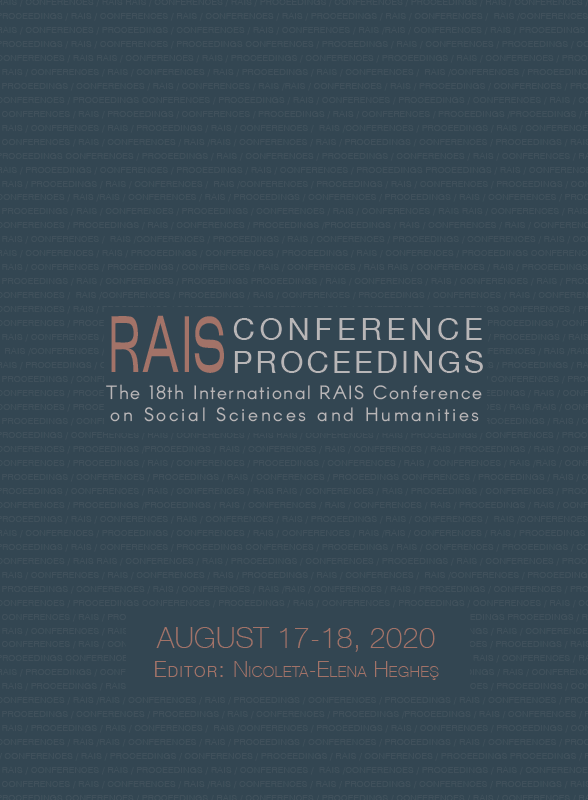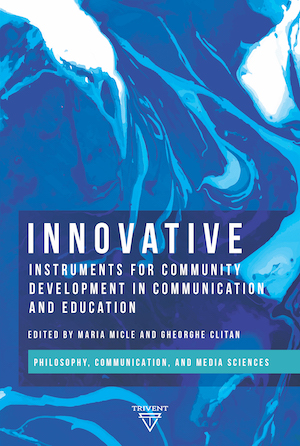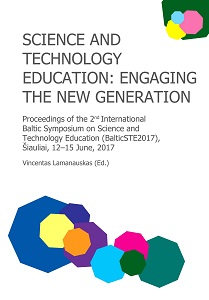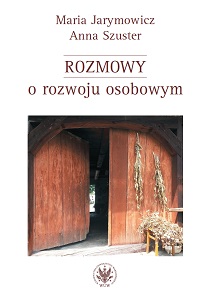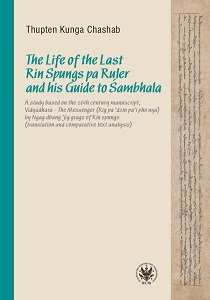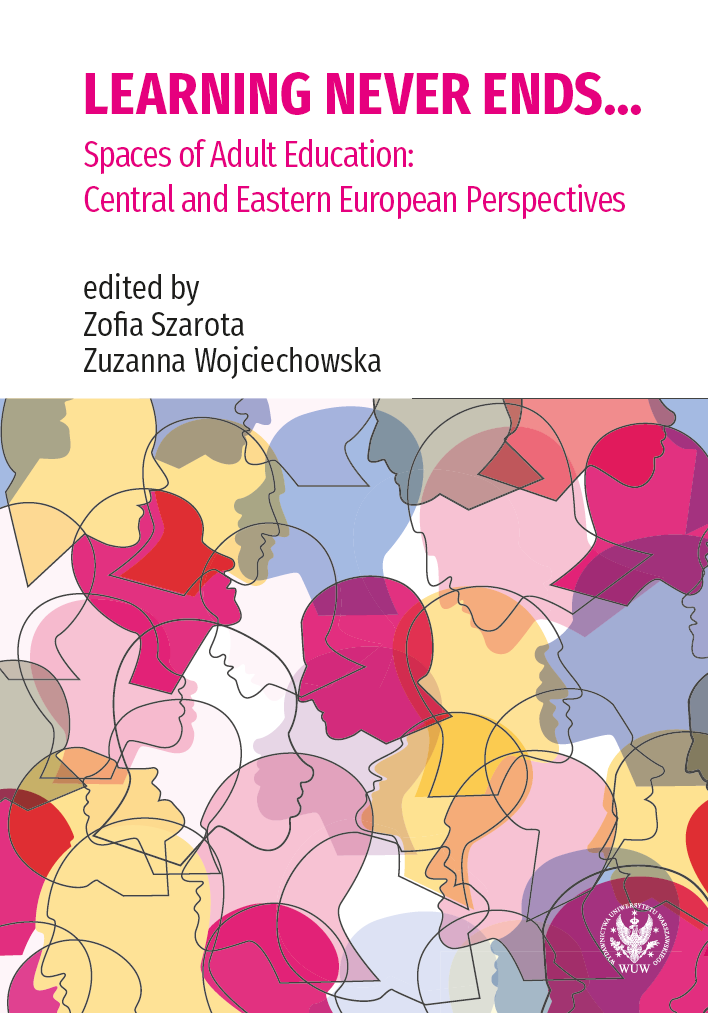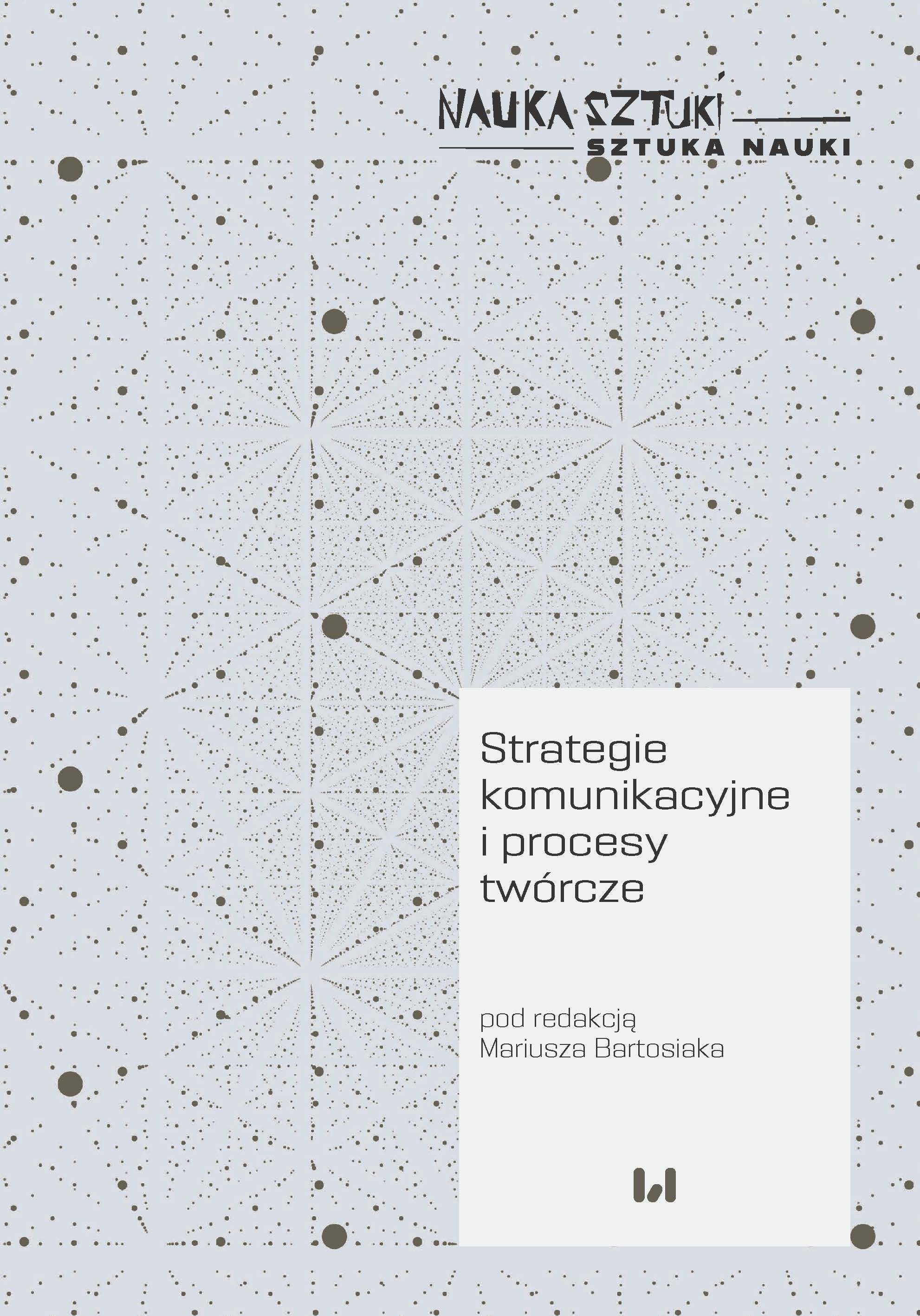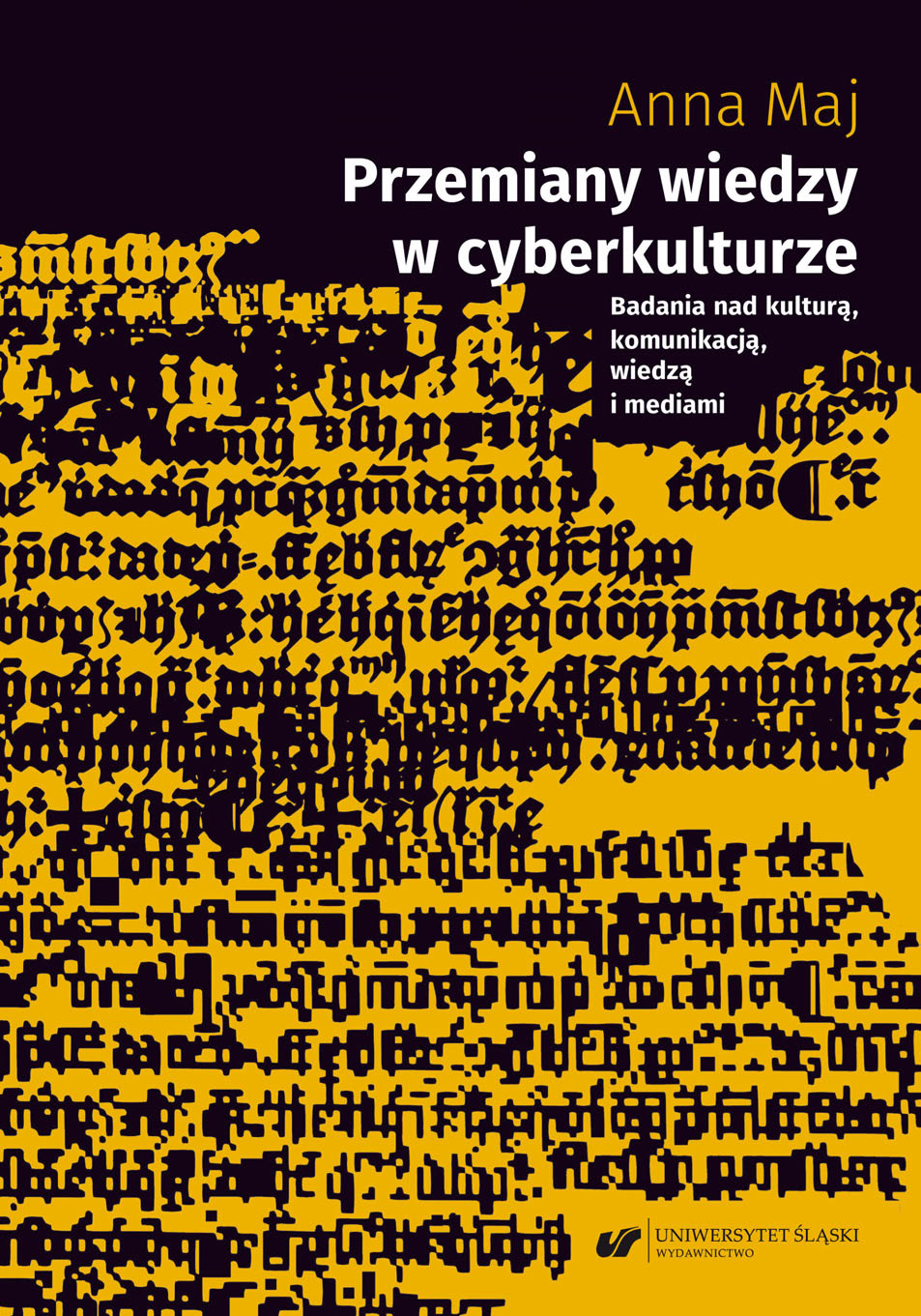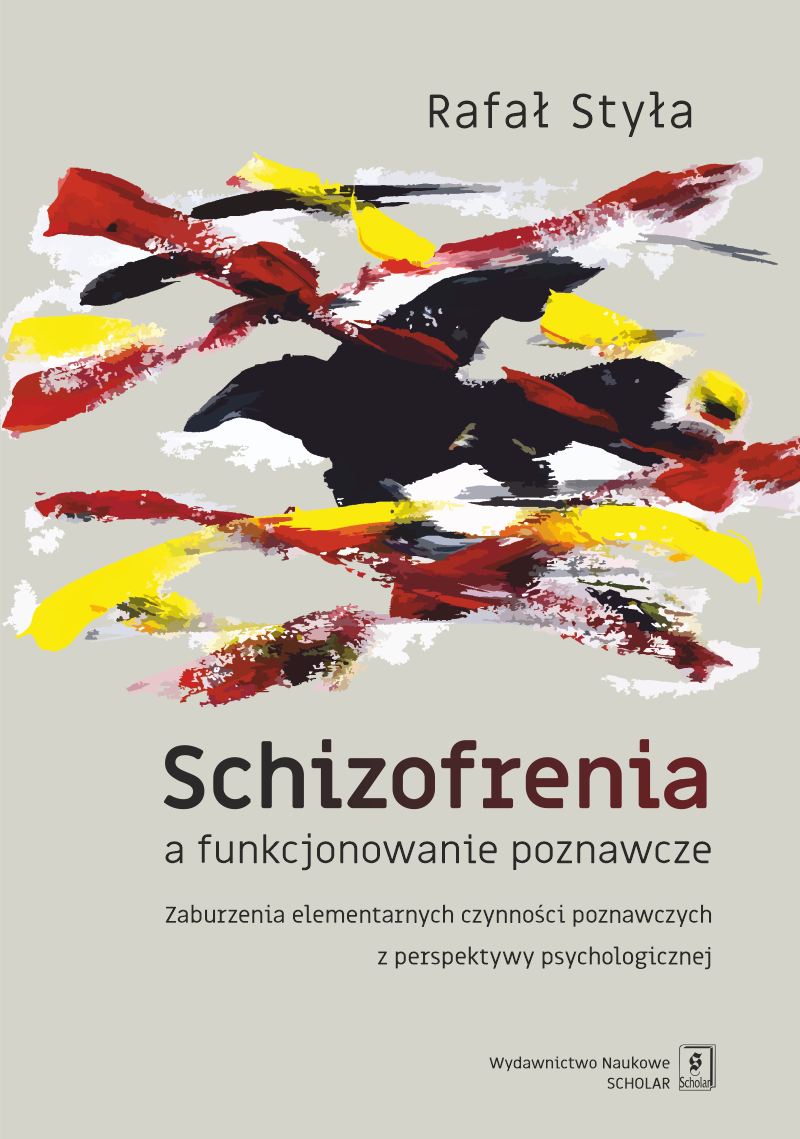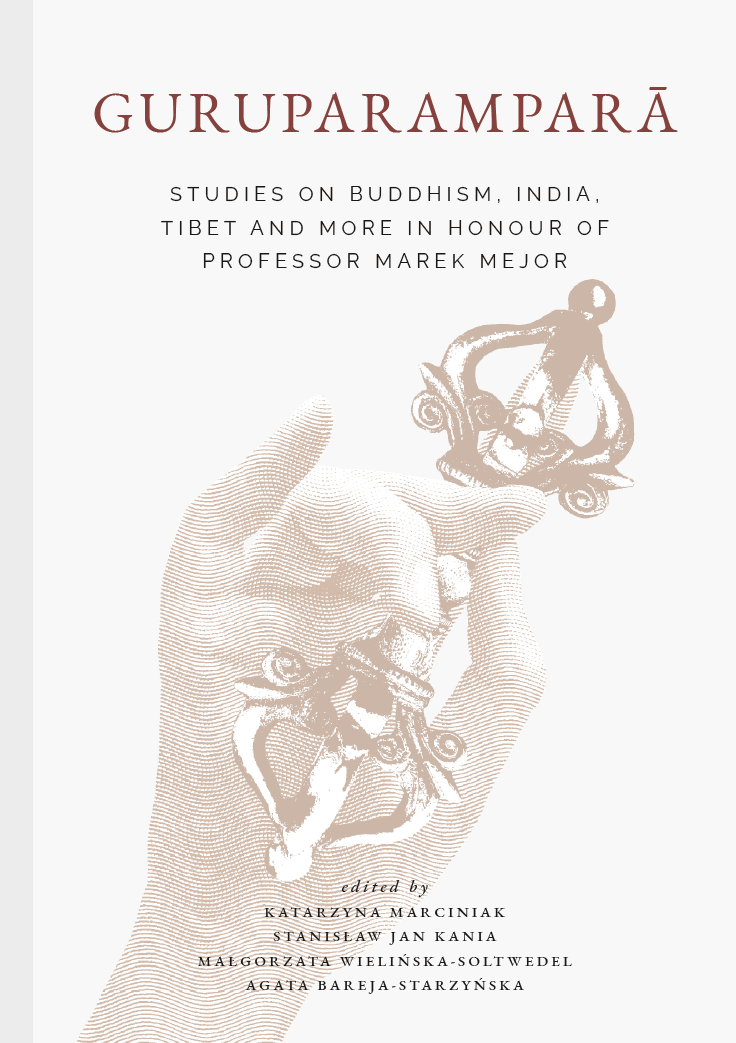The Reflective Practice - an Intrinsic Dimension of the Educational Demarche
Author(s): Luminiţa Mihaela Drăghicescu,Ioana Stăncescu,Ana-Maria Aurelia Petrescu / Language(s): English
/ Publication Year: 0
Keywords: reflective practice; reflective practice stages; didactic style; reflective teacher; quality of educational process;
The quality of the educational system, in general, and of the educational process, in particular, is reflected in the graduates’ competences - cognitive and metacognitive, emotional, intercultural, civic competences - that enable them to successfully face with all the professional and social demands. In order to achieve such a goal, there is a need of teachers who are devoted to school, well-trained, enhanced with creativity, and always concerned of their own educational practices. The reflection on the didactic activity becomes a necessity, an intrinsic component, in order to promote a quality education. The teacher’s reflective practice represents a conscious, assumed, responsible analysis of the didactic demarche, during and at its end, completed by informed decisions in terms of control and regulation, towards the achievement of the proposed educational objectives. At the level of the educational process, the benefits of the teacher’s reflective practice are multiple: optimization of didactic design, didactic strategy and evaluation methodology, a better acquaintance of students, improvement of the pedagogical relationship with the class, identification of appropriate ways to develop students’ competences, differentiation and individualization of training, facilitating a better understanding of the content transferred to students etc. This work aims to analyze the teachers’ opinions on the reflective practice in strong relation to their didactic activities. The method used in the investigative approach was a questionnaire-based survey - its items were focused mainly on the necessity and benefits of the reflective practice, on the frequency recorded by the teachers engaged in the reflective practice, on the supported tools, but also on the relevant stages of the reflective practice.
More...
